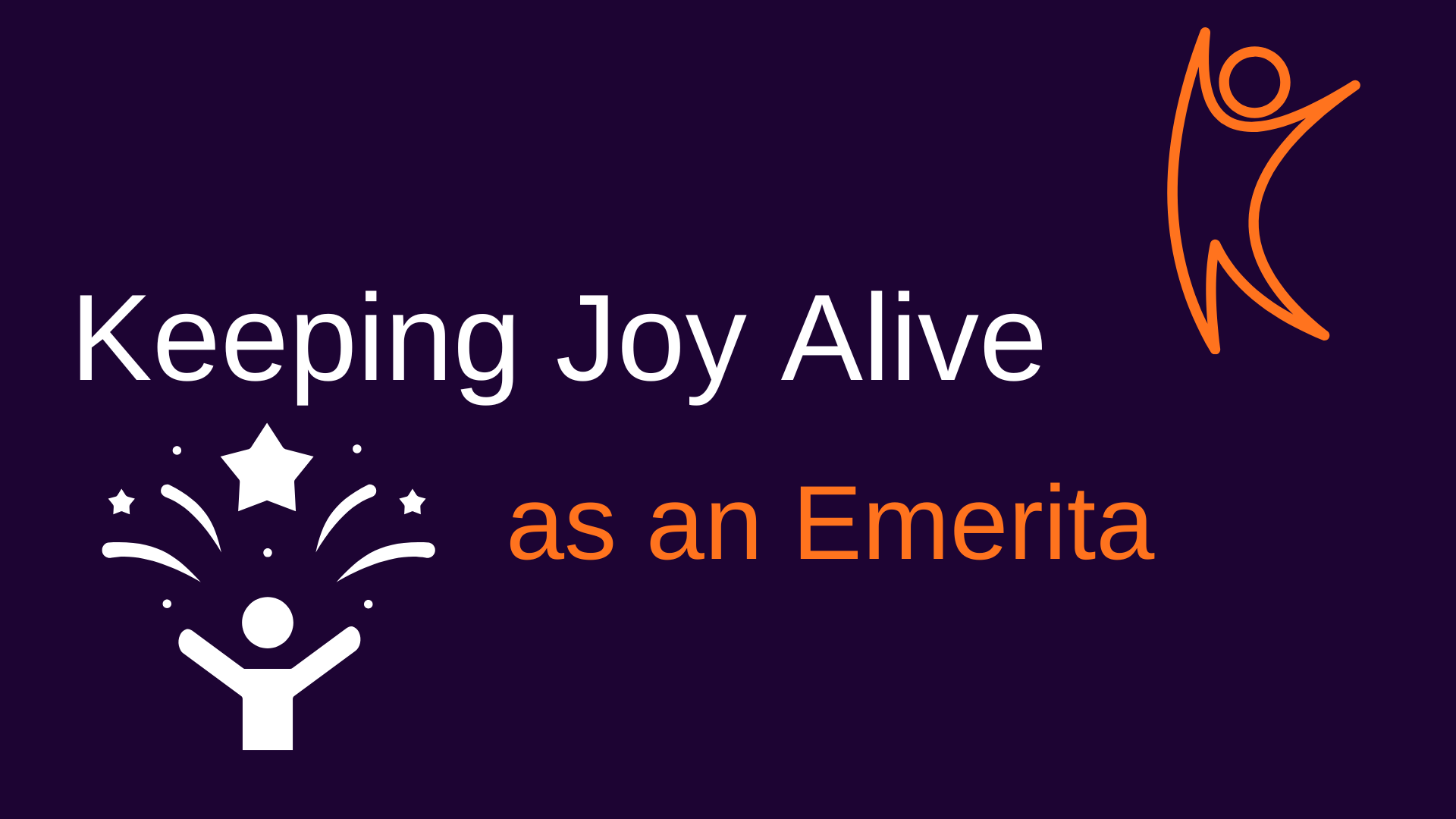Lately we have been reflecting on the organizer's journey, not just in the context of our blogs but also in our day-to-day jobs and lives. I am 3.5 years into my movement work, transitioning from a solid mid-apprentice to a later apprentice. When I thought about my story of self, I had this realization that it felt 'wrong'—and while 'wrong' may not be the best word to describe it, it will have to do for now. It wasn’t until recently that I began to make sense of it.
I had a friend come to me feeling frustrated after reading a post shared in our county's local Social Justice Facebook page. The entire 18-image post discussed anti-Blackness and allies. The original poster expressed a strong dislike for the term "ally" and claimed that many white leftists are often anti-Black. My friend, who identifies as a white leftist, read through the post wanting to learn and become a better ally, but he ended up feeling more confused than anything else. When he approached me about the post, he expressed that he had mixed feelings and wanted my input. Before reading it, I asked him what he was feeling—knowing that if he felt attacked or personally offended, that would lead to a different conversation than one focused on clarity. He acknowledged that maybe ten years ago he would have been offended, but now he was just confused. He pointed out two specific slides that he had issues with as I started reading through it. By the end, we were able to work through some of it and realized that the core issue for him was that the post never once explained what anti-Blackness is but rather demonized non-Black people. Ultimately, we were able to address his concerns, but it left me feeling unsettled. I was happy to help him work through his feelings, but I kept wondering, Am I the right person to be discussing this? Am I the one who should be helping someone understand anti-Blackness?
I struggled with these thoughts all night, and fortunately, I had a meeting with our Principal, Kati, the next day. I needed someone to talk to about it. I was able to vocalize my issues and concerns about feeling like I was taking up space that didn't belong to me. While I appreciated the trust my friend had in me, I felt almost guilty for taking up that space. Kati asked me a really great question, which was honestly the easiest one for me to answer: “Are you feeling this way because you feel as though you haven't fully embraced the term Afro-Latine and if so is that is due to your own views or how others in your life would react?” I immediately recognized that I had not fully accepted my identity as Afro-Latine, partly due to my parents. I was ingrained with the Dominican mindset of “I’m not Black, I’m Dominican.” I can even pinpoint when I internalized this mindset. Hearing this question helped me work through some of my feelings. Kati also suggested that I speak with Matthew, our Senior Consultant, to gain his perspective.
Talking with Matthew was the best decision I made on this journey. He helped me navigate the guilt of feeling like I was occupying space that didn’t belong to me by reminding me that I might have been the person my friend felt most comfortable approaching. He knew I would help him work through his concerns while also educating him about his blind spots. Matthew also articulated what I struggled to express: that anti-Blackness is the devaluing of Black people, and you can eliminate white supremacy while still allowing anti-Blackness to thrive. It manifests as colorism in our communities and the mindset of “I don’t want to spend too much time outside or I’ll get dark”—a belief I have spent years unlearning. These conversations—not just with Kati and Matthew but also with my friend—have prompted me to reflect on my development as a person. They also reminded me that we are all on our own journeys of unlearning and becoming a little better every day.
As we continue to discuss the organizers' journey, it's evident that apprentices benefit from relying on those who have more experience. Support from Journeypeople, skilled individuals, and even Emeriti is crucial. This highlights the importance of both formal and informal mentorship. Even if mentors don't offer direct advice, being able to share my concerns and ideas with someone has been helpful. Engaging with those who have gone through similar, yet different, experiences has significantly contributed to my personal growth.







.svg)